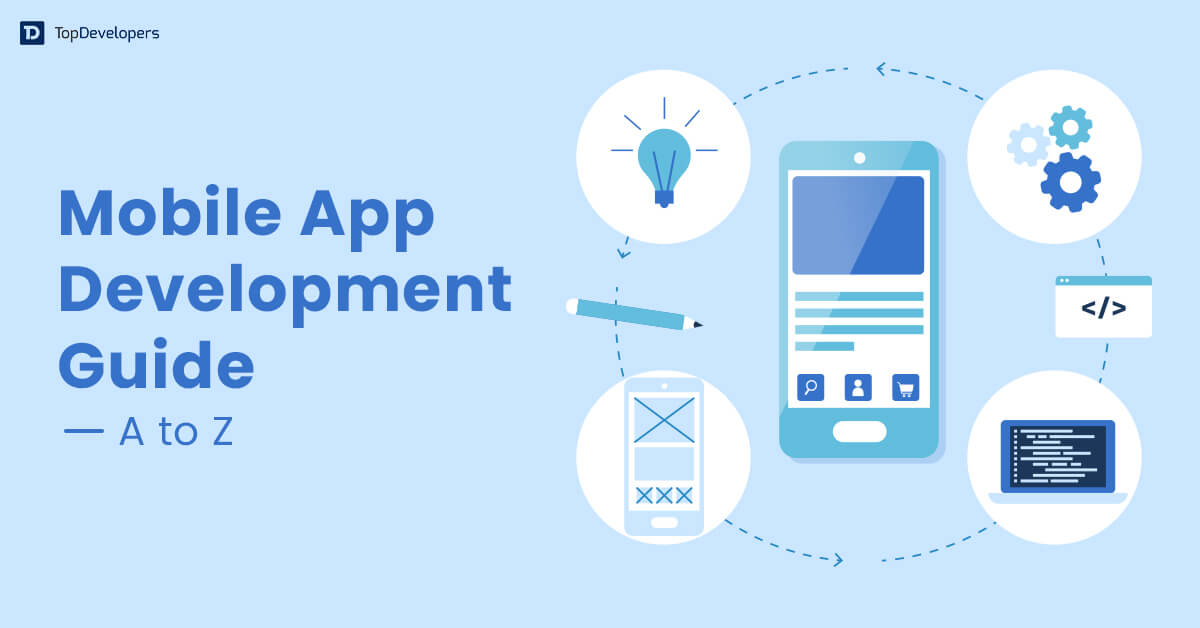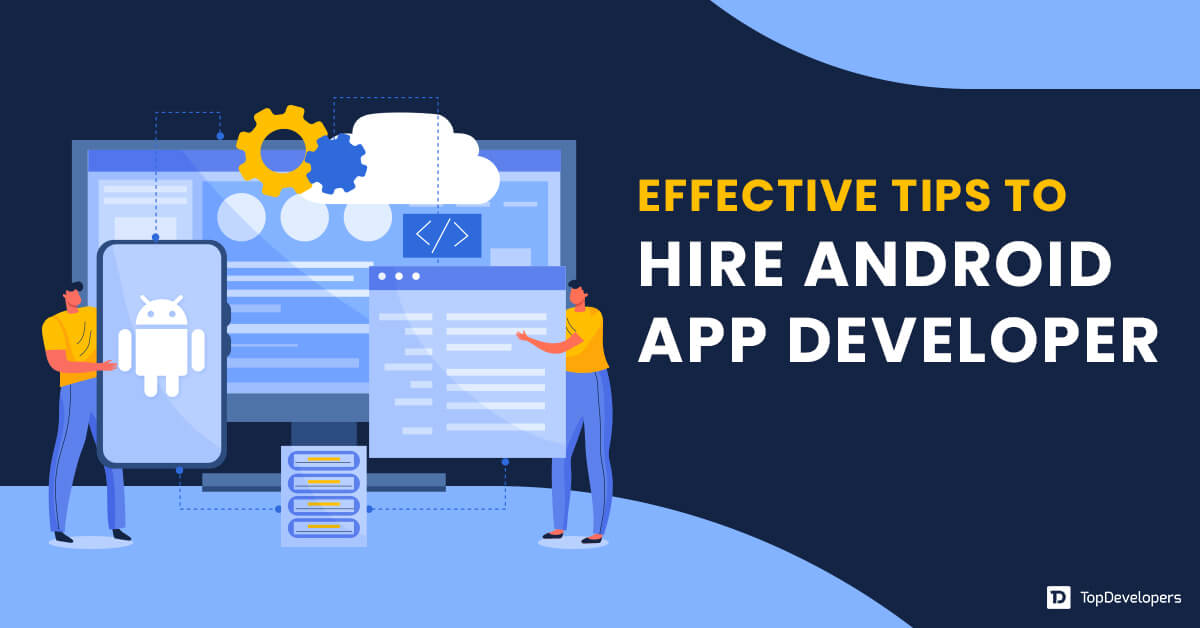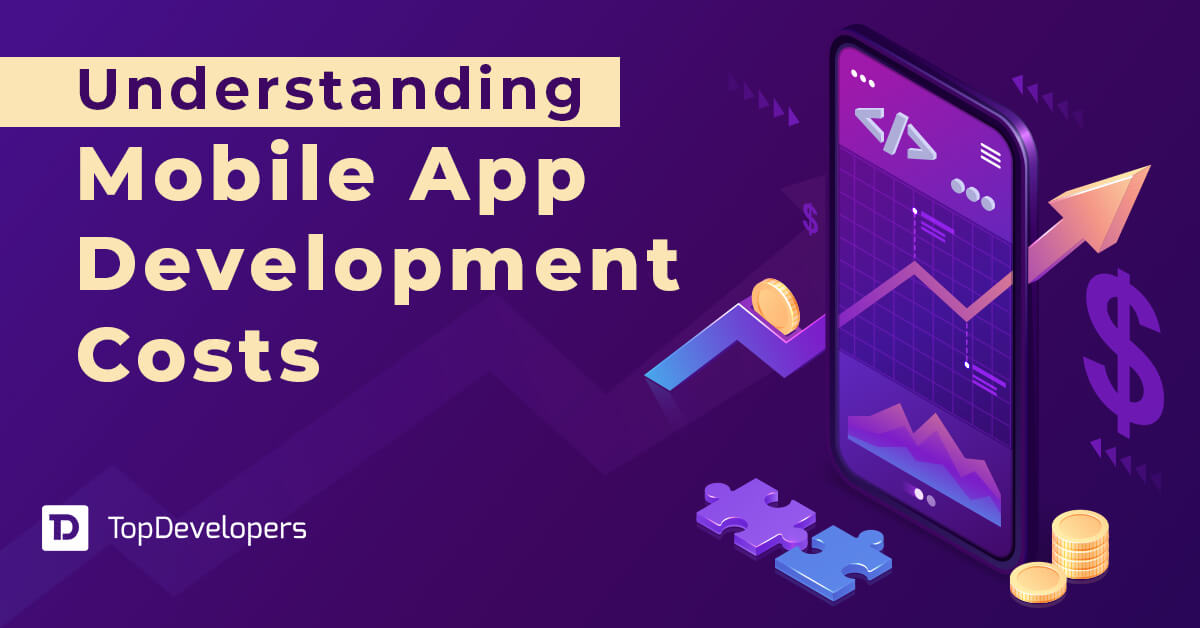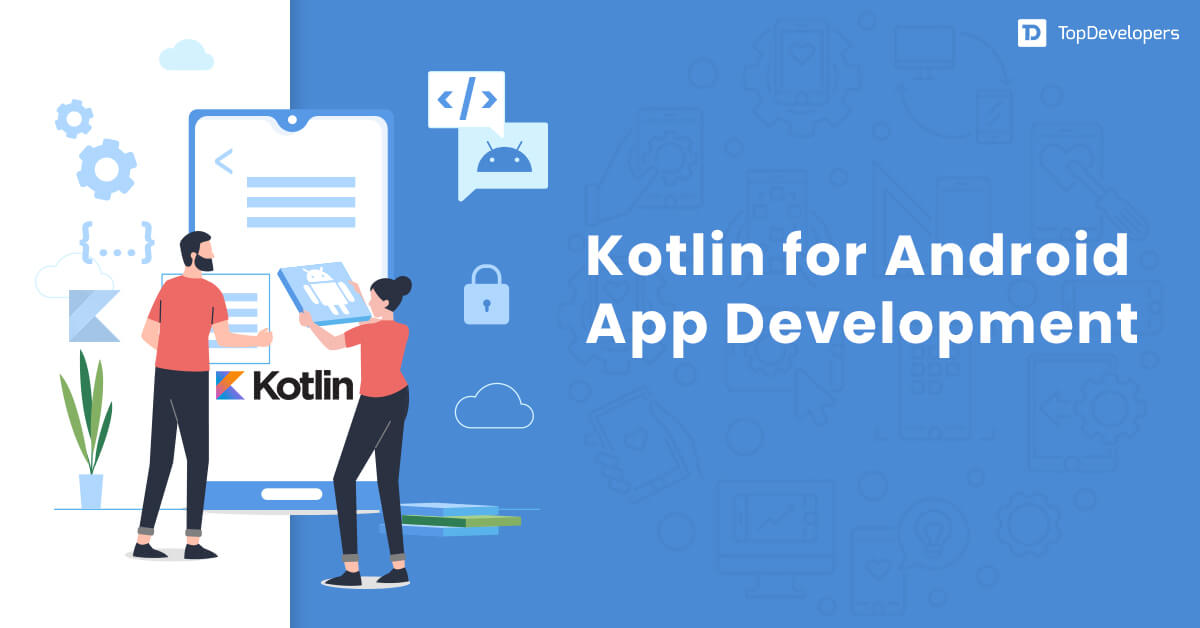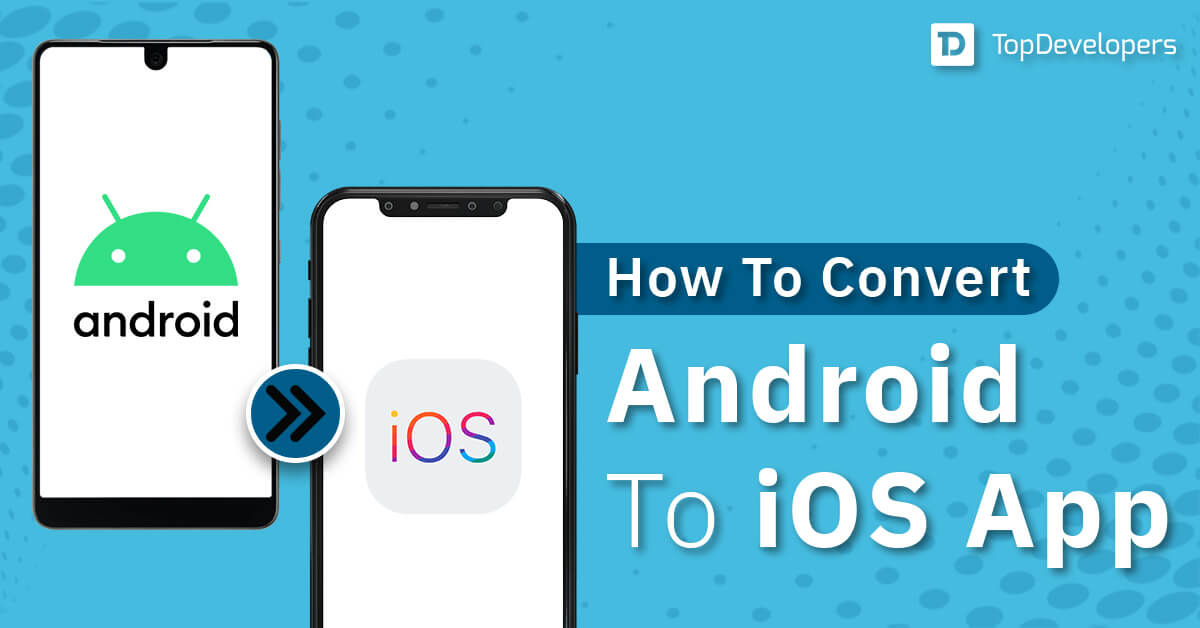
Businesses look for economical Android app development primarily to optimize their costs while still benefiting from having a mobile presence and reaching a wider audience. Building an Android app can be a significant investment, and finding cost-effective solutions can be crucial, especially for startups, small businesses, or businesses with budget constraints.
However, developing an Android app can be expensive for businesses that range between thousands of dollars to hundreds of thousands of dollars due to several factors that contribute to the overall cost of the project. The Android app development cost determined by Android development companies can vary significantly due to platform fragmentation, complexity, user experience, backend service integration, testing, security, maintenance, and other factors.
It’s essential for businesses to consider a few strategic tactics followed by budget and app requirements so that development cost of the Android app is reduced without compromising the app’s quality. Realizing the need, here we have enlisted a couple of tips and tricks that start-ups and business leaders use for inexpensive Android app development that may help you. Let’s dive in!
Table of Contents
- Define Clear Requirements Ahead of the App Development
- Choose a Cross-Platform Development Approach to Get an App at a Fraction of the Cost
- Minimal Viable Product (MVP) is Better
- Leverage Open-Source Third-Party Libraries wherever Possible
- Efficient Project Management can Help
- Reusable Code Components
- In-House vs. Outsourcing- Which is a Cost-Effective Option to Develop an Android App?
- Testing and Quality Assurance
- Slash your budget without cutting corners!
Define Clear Requirements Ahead of the App Development
Start with a well-defined scope and set clear requirements for your Android app. A detailed specification of your Android app helps developers understand your vision, reducing the chances of rework and saving development time and costs.
Before creating a project scope, conduct market research, target audience research, and competition research to know the list of features that your native app should have and make it unique. The earlier research helps in proactively estimating timelines and budgets.
Choose a Cross-Platform Development Approach to Get an App at a Fraction of the Cost
Android app development with Kotlin results in high-performant, stable, and secure Android apps. The native-like Android apps are also built using cross-platform frameworks that help with budgetary app development with no sacrifices on the quality side.
Consider using cross-platform frameworks like Flutter or React Native, which allow you to develop apps for both Android and iOS from a single codebase. This approach can significantly reduce Android app development costs compared to building separate native apps.
Minimal Viable Product (MVP) is Better
It doesn’t make any sense in reinventing the wheel with full-fledged solution development as it risks if the app does not live up to the users’ expectations. It’s better to move ahead with MVP development.
Begin with an MVP that includes only essential features required for the Android app’s core functionality. This allows you to launch a basic version quickly and gather user feedback before investing in additional features.
Leverage Open-Source Third-Party Libraries wherever Possible
With the availability of readymade functionalities, it makes no sense in developing the functionalities from the core. Android ecosystem provides thousands of third-party libraries to make Android app development a breeze.
Leverage open-source libraries and third-party APIs to implement common functionalities like authentication, maps, and social media integration. This approach saves time and reduces the need to build everything from scratch.
Efficient Project Management can Help
Android app development project has many moving parts that if not handled well; become a recipe for disaster. It’s essential to follow the best app development methods and project management practices.
Adopt agile methodology for your project management practices to enhance collaboration, prioritize tasks, and respond to changes efficiently. Effective project management helps prevent unnecessary delays and cost overruns in Android development.
Reusable Code Components
Code component reusability in Android app development can significantly reduce development costs by saving time, effort, and resources. When Android app developers create modular and reusable code components, they can be utilized across different parts of the app.
The code component reusability helps reduce Android app development costs with quality assurance, modularity, fewer bugs, ease of integration, and reduced dependencies on external libraries.
In-House vs. Outsourcing- Which is a Cost-Effective Option to Develop an Android App?
Evaluate whether to develop the Android app in-house or outsource the project to an experienced Android app development agency. Outsourcing can be cost-effective as you leverage their expertise and resources, which can be scaled up or down based on Android application development project requirements.
On the contrary, in-house development requires businesses to spend haphazardly on talent acquisition, retention, paying salary wages and related benefits, and infrastructure setup. In a nutshell, hiring Android app developers is a better alternative.
Testing and Quality Assurance
While reducing costs is essential, it’s equally vital to prioritize app quality and user experience. A poorly developed app for Android devices might lead to negative reviews, decreased user engagement, and ultimately higher costs in the long run. Striking the right balance between cost optimization and delivering a valuable app to users is the key to successful Android app development.
Ensure thorough testing and quality assurance to identify and fix issues early in the Android development process. Addressing bugs and errors promptly helps prevent costly rework and post-release issues.
Slash your budget without cutting corners!
Android OS is leading the app’s market share with around 75% of Android apps. Following these tips and tricks would help businesses in gaining a space in the dominating Android app marketplace with inexpensive Android app development. Consider the tips to get an Android app developed nearly half of the time and cost-efficiently. Still unsure, connect with expert Android app developers via TopDevelopers to ensure the development of a successful Android app without scope, timeline, and budget overruns.
 Avantika Shergil
| Aug 4, 2023
Avantika Shergil
| Aug 4, 2023
Avantika Shergil is a technology enthusiast and thought leader with deep expertise in software development and web technologies. With over 8 years of experience analyzing and evaluating cutting-edge digital solutions, Avantika has a knack for demystifying complex tech trends. Her insights into modern programming frameworks, system architecture, and web innovation have empowered businesses to make informed decisions in the ever-evolving tech landscape. Avantika is passionate about bridging the gap between technology and business strategy, helping businesses build customized software and website, and understand about different tools to leverage effectively for their ventures. Explore her work for a unique perspective on the future of digital innovation.



